Heinrich Wilhelm Ernst: Complete Music for Violin and Piano, Volume One
Heinrich Wilhelm Ernst (1812-65) was one of the leading musicians of his day, a friend of Berlioz, Chopin, Liszt and Mendelssohn, and for Joseph Joachim 'the greatest violinist I ever heard'. But the popular encore pieces by which Ernst is remembered today represent only a fraction of his output. This series of six CDs presents his complete violin works for the first time, revealing one of the instrument's most accomplished and memorable composers. The first disc shows him in a range of moods, from the mystery and grandeur of the Prophet Fantasy and the Chopinesque poetry of the Two Nocturnes to the bizarre whimsy of The Carnival of Venice and infectious high spirits of the Rondo Papageno — the nineteenth-century virtuoso violin both in introspective melancholy and at its most dazzlingly flamboyant.
Sherban Lupu, violin
Ian Hobson, piano
Listen To This Recording:
-
Fantasie brilliante sur le Prophète (Opéra de G. Meyerbeer), Op. 24 (c. 1850)
- I. Allegretto molto moderato
- II. Andantino pastorale
- No. 2 in E major
- No. 1 in A major
- Theme
- Variation I
- Variation II
- Variation III
- Variation IV
- Variation V
- Variation VI
- Variation VII
- Variation VIII
- Variation IX
- Variation X
- Variation XI
- Variation XII
- Variation XIII
- Variation XIV
- Variation XV
- Variation XVI
- Variation XVII
- Variation XVIII
- Variation XIX
- Variation XX
- Variation XXI
- Variation XXII
- Variation XXIII
- Variation XXIV
- Variation XXV
- No. 1, Adagio sentimentale
- No. 2, Rondino grazioso
- Introduction
- Theme
- Variation I
- Variation II
- Variation III
- Variation IV and Moderato
- Variation V
- Introduzione: Andante
- Rondo: Allegro moderato
- Final: Presto
- Rondo Papageno, Op. 20 (c. 1845)
Deux Nocturnes, Op. 8 (c. 1834)
Carnaval de Venise (Variations burlesques sur la canzonetta ‘Cara mamma mia’), Op. 18 (1837)
Deux Morceaux de Salon, Op. 13 (1841t42)
Thème Allemand Varié, Op. 9 (c. 1835)
Rondo Allemand pour Piano et Violon sur des thèmes d’Oberon, Schunke’s Op. 23 (c. 1836)
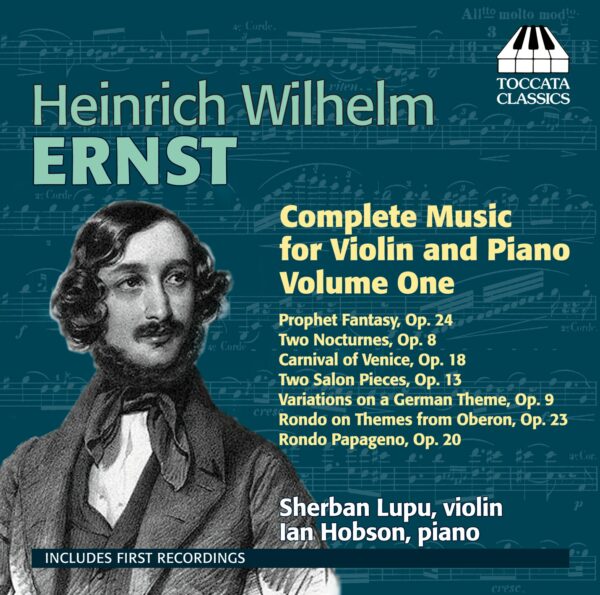
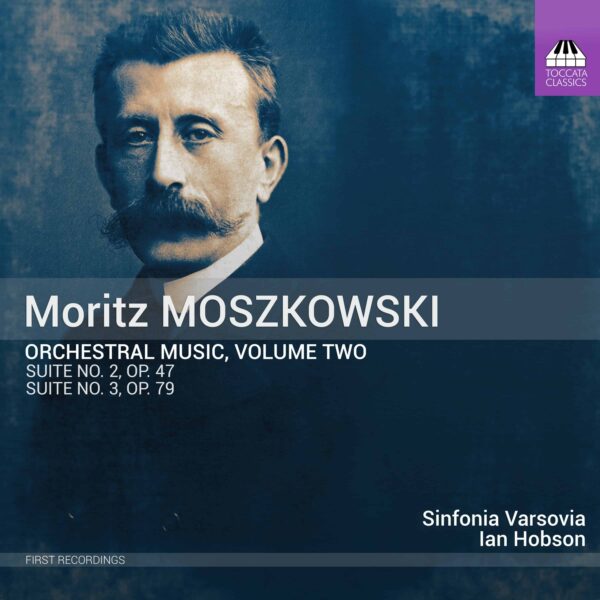
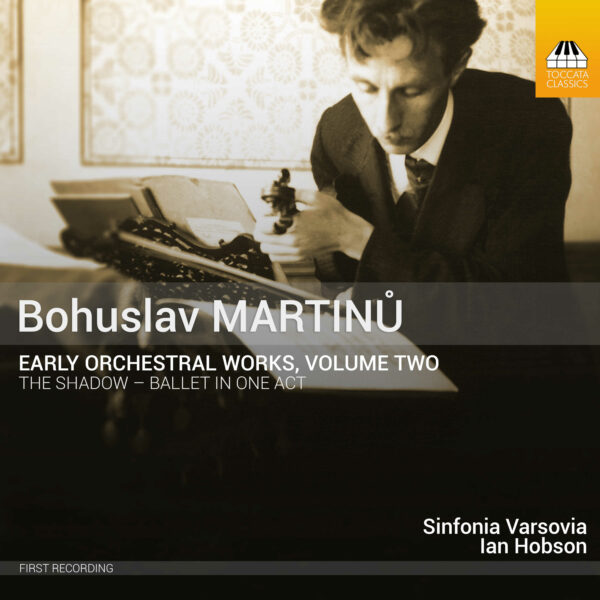
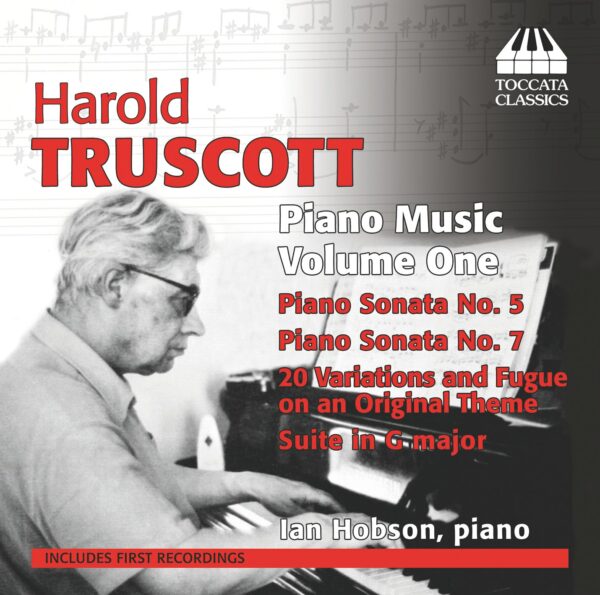
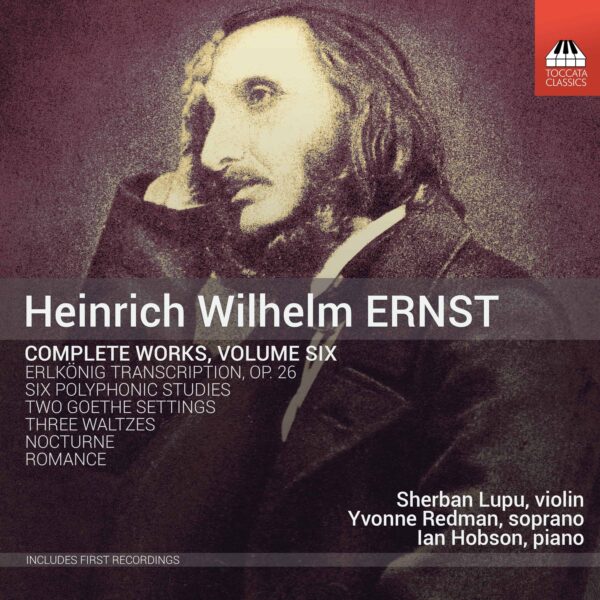
Fanfare Magazine :
‘With its close and detailed recorded sound, its sympathetic collaboration between violinist and pianist, and its exploration of the music of a central figure in the history of violin playing (and, in the note, that figure himself), both specialists and nonspecialists should find something of interest. Urgently recommended to all sorts of listeners.’
—Robert Maxham, Fanfare Magazine
Gramophone :
‘… Dismayingly overlooked, like so many other once-celebrated composer-virtuosos of the 19th century, Heinrich Wilhelm Ernst (1812‑65) is at last beginning to receive a measure of recognition, on disc at least.’
—Jeremy Nicholas, Gramophone